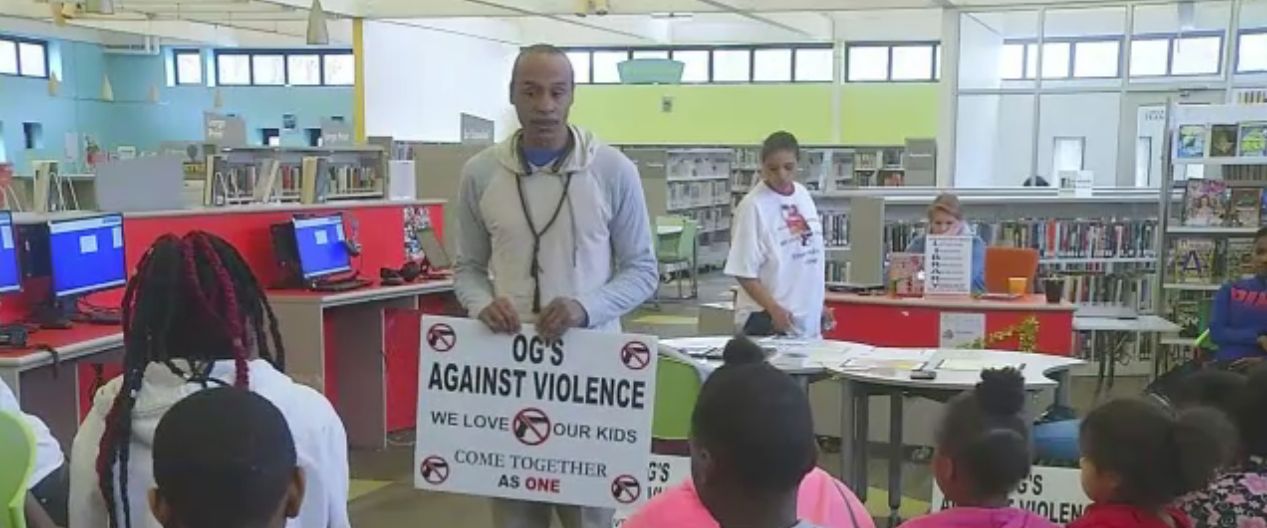The Oswego County social services commissioner responded to criticism over how the department handled reports of neglect and abuse that officials said led to the death of 17-year-old Jordan Brooks, and the county Legislature, which met in executive session Thursday, may opt for an outside investigation into the case.
Six months after Brooks died, the state Office of Children and Family Services issued a child fatality report that examined the circumstances surrounding the young man's death, which was ruled a homicide by the medical examiner.
At the time of his death, Brooks weighed 55 pounds and was found to have severe bedsores exposing muscle, bone and a metal implant from his hip, according to the state report.
Brooks had cerebral palsy and used a wheelchair.
According to the report, DSS workers met with Brooks’ sister several days after his death. She denied ever being deprived of food and any safety issues in the home, according to the report.
That same day, the Oswego County Department of Social Services (OCDSS) went to the family’s home and saw Brooks’ wheelchair outside and noted it emitted a strong odor of urine and was covered in mold.
In a statement, OCDSS Commissioner Stacy Alvord said its investigation included collateral contacts, including a family friend, relatives and several staff members from Brooks' therapist office and school.
She wrote, “As hard as it is to understand in hindsight, at the time of those interviews, no one we interviewed expressed concern that Jordan was in any imminent danger.”
Alvord also mentioned that Brooks and his sibling were interviewed many times and expressed they received love and adequate care from their parents.
The state report said OCDSS failed to fully interview people regarding Brooks’ general safety, failed to obtain information from the hospital regarding needed testing and more.
In April of 2019, OCDSS was called with concern that for 12 days over a school break, Brooks was only moved from his wheelchair to sleep. As a result, he had open sores on his hip and underarm, and the wheelchair cushion was saturated with urine and covered in mold.
OCDSS interviewed the family who denied all allegations and took pictures of the wheelchair, then closed the case.
In her statement, Alvord wrote, “…caseworkers are not medical professionals and do not have the training to assess the special needs of a young man with cerebral palsy.”
The state report states the allegations were not fully explored by OCDSS, Brooks was never asked about the sores on his body and contact with medical providers was not documented.
It also notes the photo of the wheelchair was not further addressed with the parents, and they also did not record if additional services were offered.
The report notes that from 2012 to 2017, the family was involved in five family assessment-response investigations, all with similar allegations of excessive corporal punishment, inadequate guardianship, lacerations, bruises, welts, lack of medical care and inadequate food, clothing and shelter.
On Thursday, the Oswego County Legislature met for an emergency meeting and an executive session that included a discussion of how OCDSS handled the Brooks case. While Legislature Chair James Weatherup did not say what occurred behind closed doors, he spoke about the issue.
He said legislators asked pointed questions of the department and are committed to finding out what went wrong. He also said they're looking into the case and are open to an outside investigation into the department.
"We're going to look toward an outside group so that we can make sure that there is transparency for all,” Weatherup said. ”There will be more information to follow, but we're committed to getting an answer for the public."
He also stressed that the department is understaffed, in part, due to an inability to fill available positions, rather than a lack of funding.
Several OCDSS reports about Brooks were conducted during the pandemic, including a case where his mother said she could not get him a swallow test or new wheelchair due to COVID delays.
Alvord's statement states the family was on a waiting list for home health care management services, and that Brooks' mother seemed to have an understanding of his needs and what needed to be done about the test and wheelchair.
She also wrote, “When COVID-19 closed our schools, it interrupted the health and human services network that keeps vulnerable children safe and removed support systems for our most at-risk families.”










